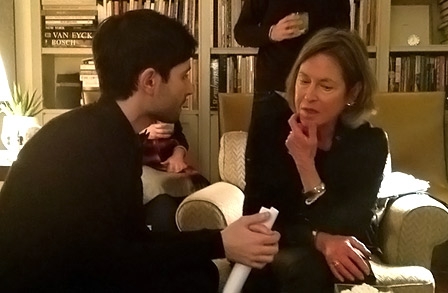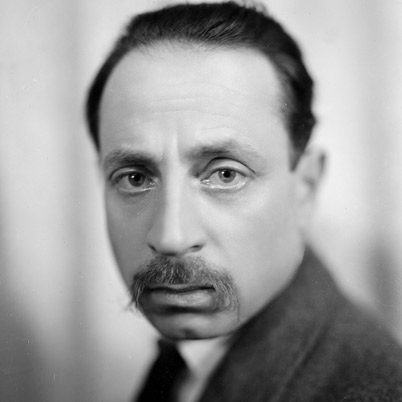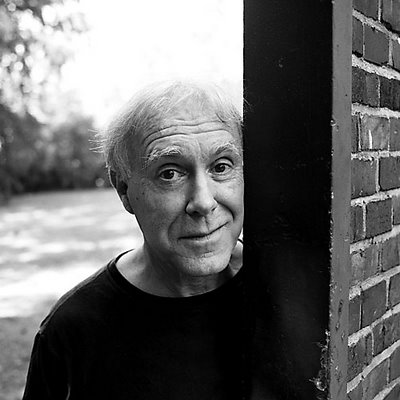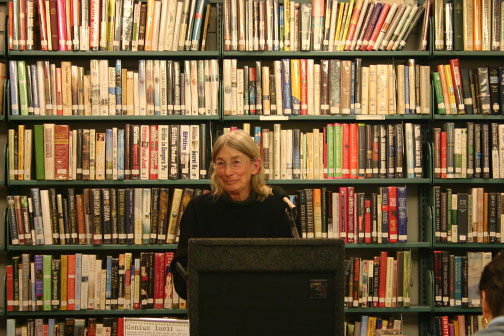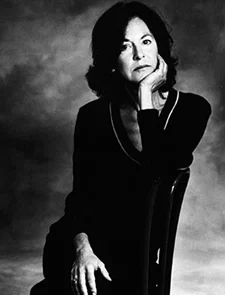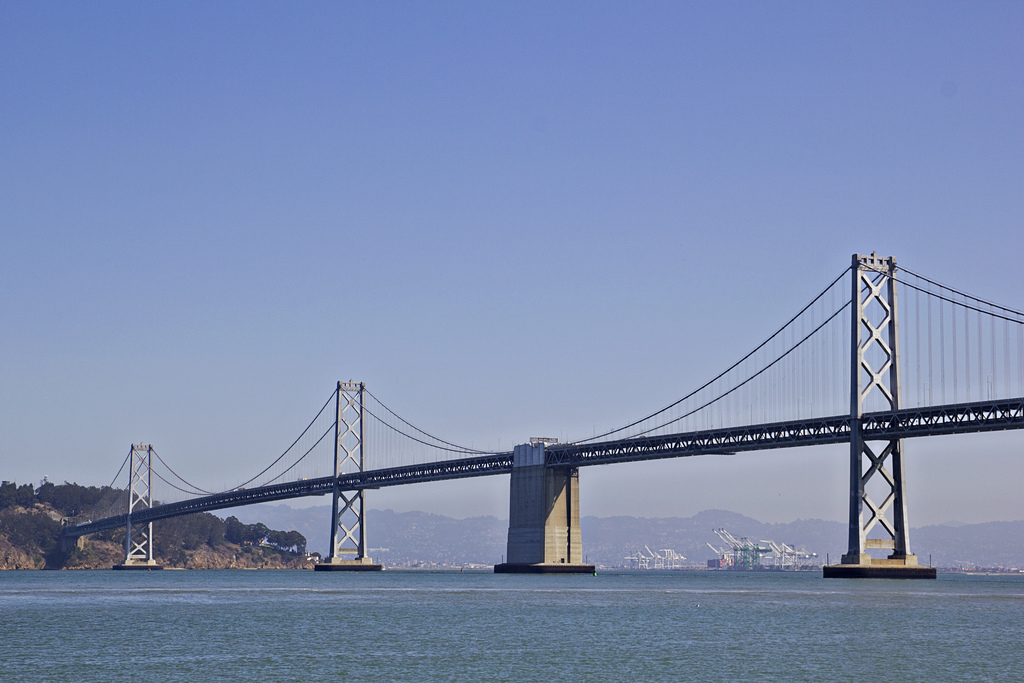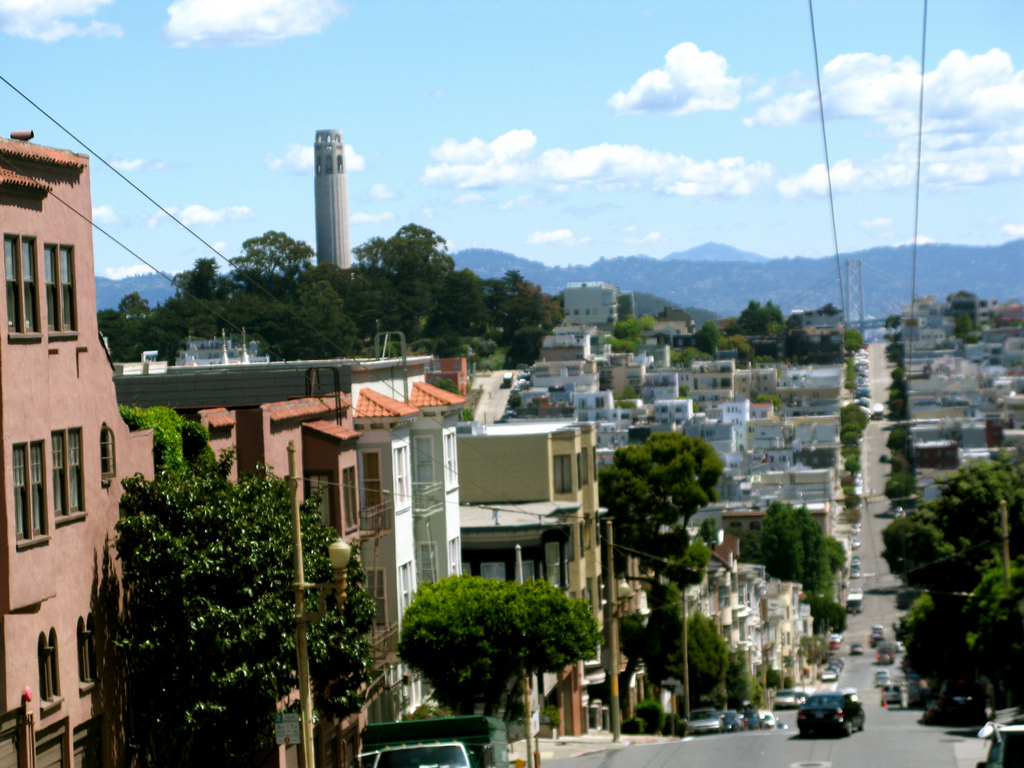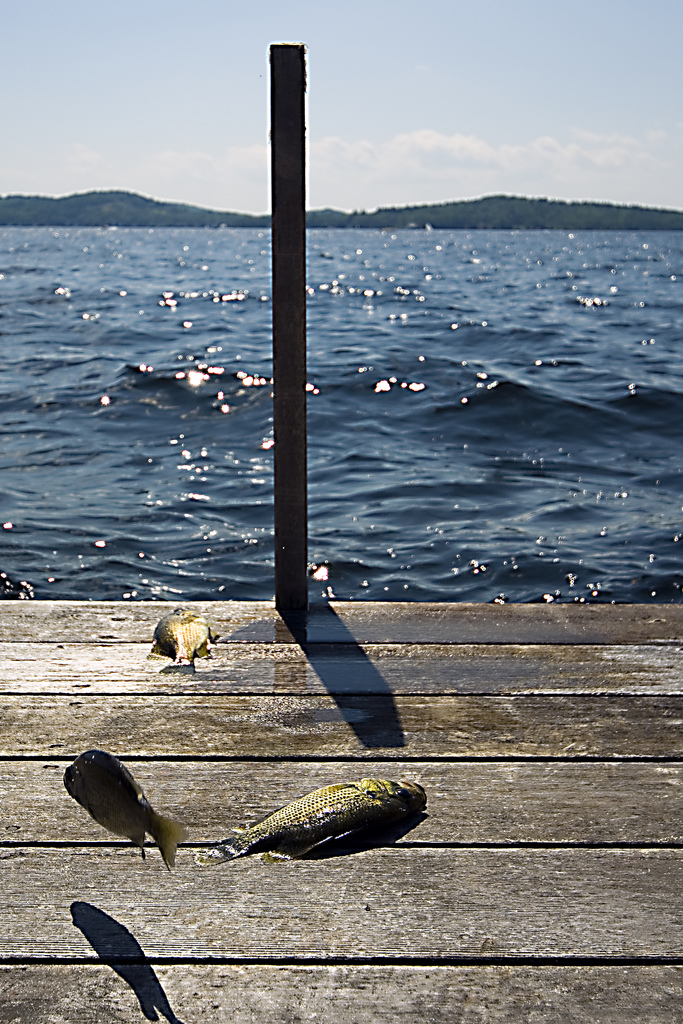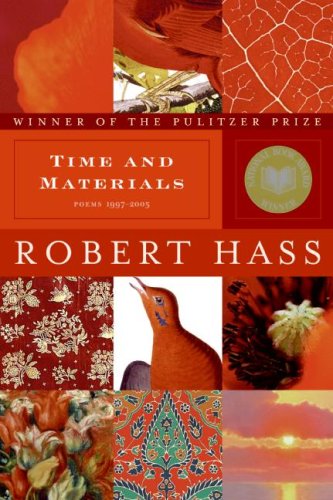This week's episode of Word Machine brings together poems from two Northern California poets, with the eyes on Manhattan.
Book of the Day — Twentieth Century Pleasures by Robert Hass
The essays on poetry in this book, Twentieth Century Pleasures by former U.S. Poet Laureate Robert Hass, has been a deep well of insight, mystery, inspiration and thought for me for 15 years.
Aspen groves. Breckenridge, Colorado, USA Photo by Twenty20/Jawill529
POTD - The Problem with Describing Trees by Robert Hass
The Problem of Describing Trees
The aspen glitters in the wind
And that delights us.
The leaf flutters, turning,
Because that motion in the heat of August
Protects its cells from drying out. Likewise the leaf
Of the cottonwood.
The gene pool threw up a wobbly stem
And the tree danced. No.
The tree capitalized.
No. There are limits to saying,
In language, what the tree did.
It is good sometimes for poetry to disenchant us.
Dance with me, dancer. Oh, I will.
Mountains, sky,
The aspen doing something in the wind.
POTD - Vintage by Robert Hass
VINTAGE
They had agreed, walking into the delicatessen on Sixth Avenue, that their friends’ affairs were focused and saddened by massive projection;
movie screens in their childhood were immense, and someone had
proposed that need was unlovable.
The delicatessen had a chicken salad with chunks of cooked chicken in a creamy basil mayonnaise a shade lighter than the Coast Range in August; it was gray outside, February.
Eating with plastic forks, walking and talking in the sleety afternoon, they passed a house where Djuna Barnes was still, reportedly, making sentences.
Bashō said: avoid adjectives of scale, you will love the world more and desire it less.
And there were other propositions
to consider: childhood, VistaVision, a pair of wet, mobile lips on the screen at least eight feet long.
On the corner a blind man with one leg was selling pencils. He must have received a disability check,
but it didn’t feed his hunger for public agony, and he sat on the sidewalk slack-jawed, with a tin cup, his face and opaque eyes turned upward in a look of blind, questing pathos—
half Job, half mole.
Would the good Christ of Manhattan have restored his sight and two thirds of his left leg? Or would he
have healed his heart and left him there in a mutilated body? And what would that peace feel like?
It makes you want, at this point, a quick cut, or a reaction shot. “The taxis rivered up Sixth Avenue.” “A little sunlight touched the steeple of the First Magyar Reform Church.”
In fact, the clerk in the liquor store was appalled. “No, no,” he said, “that cabernet can’t be drunk for another five years.”
My 5 - Portable Poetry Library - Ryan Nance
Most of my poetry library ( a library I've been very proud of) is in storage, or has been traded, gifted or lost. I've dragged it around the world with me, in cardboard boxes, plastic bins, bags. It's grown. There was a period before I first left for study in Madrid where I thought about winnowing it to the essentials. I would after all not be able to read it all, even given the chance. I ended up adding to it: new books by some of my favorite poets, old books by poets I'd never heard of. It was and is a joy to find, remember and discover new works. Like stumbling upon a neighborhood I'd never once been to before. Delicious. Full of possibility. In this period I was adding young poets ( Ben Lerner, Matthea Harvey, Tracey K. Smith [whose Life on Mars just won the Pulitzer], Christine Hume ), classmates (Gabrielle Calvocoressi, Tom Healy and Ravi Shankar),
The Great Reduction
For a lot of reasons, having a large library, even of slim, tidy volumes, became impossible for me. Storage, display, space, time. I've reduced my library down to the ones I read. Seems a bit self-fulfilling, I know. But, I am often asked (and overwhelmed by the possibilities) for the books and poets I'd recommend people start with. This great filtering reduction of mine has made it abundantly clear.
So here are My 5 Portable Poetry Library
1 - Louise Glück
I haven't always been clear that I got much from her work. It was hard for me, with my life as my only computational material, to access her charged, urgent, masterful poetry. But their phrases and imagery, premises and tropes, have installed themselves as part of my psyche. I refer often to a line or image, find myself recommending. And have made sure that her books have continued to elude the great reduction.
If you haven't read her before I'd say that First Four Books of Poems is a good place to start. You'll find some of the more well-known poems ( Mock Orange, All Hallows).
Her Pulitzer Prize Winning Wild Iris and her A Village Life both offer a vast country of tight, smart, surprising poems.
2 - Donald Revell
Revell was a poet I first read while an undergraduate. I had had a very different expectation of what poetry could be before this period in my reading. When I was asked to respond to a poem for my grad school application, it was The Psalmist from The New Dark Ages that I wrote on. And now, 15 years later, I find poems of his I'd never met before and am relieved to find that the interest and power I'd felt then hasn't worn off. His books have also managed to find a place in my bags and suitcases as my library shrank.
3 - Rainer Maria Rilke
There are a few things (books, songs, paintings, places, tidbits of knowledge) that seem to contain immense and irreducible truth in something which fits into our human scale. Rilke's 3rd Elegy from his Duino Elegies has always been one of those mysteries. I've read it to people when I am ready to sound silly in my enthusiasms. I read it and its bookmates (all phenomenal poems) over and over again. On the very first meeting of grad school first-year workshop, I was asked to name a poet I cherished and explain why it was that one that I chose. I cheated. I chose two. Robert Hass (coming up) because he helped me be a better poet and Rilke because he helped me be a better person. I heard snickers at my nearly religious reverence for these two from my classmates. Rilke never has rewarded my admiration with quotables. In fact, I realize exactly how remarkable his work with the distance I feel it is from normal speech. It isn't the sort of thing you can even try to explain to people without sounding a little kookie. So, instead of explaining, I'll hope to be able to indulge in Rilke talk with more and more people soon.
4 - Robert Hass
I have been prepared with a clear, emphatic answer to the often asked question: Who's your favorite poet? Robert Hass.
His works have been a consistent companion throughout my entire adult life. He has been the author of the words that soothed some of the worst hurts I've ever had to endure; the mind that has inspired the wonder and curiosity of mine that I have become so proud of, helped me formulate so much of my own framework for approaching the world.
His poems are the poems I've read and shared, memorized and given. All 5 of his books have and will survive any poetry reduction. I have bought 5 copies of Field Guide because I keep giving it away and then needing my own copy again.
5 - Mary Oliver
Oliver's work and words are alive with wisdom, energy and balm. I have had to keep her books around because I have needed them. And there is such reassurance that she has such an enormously large body of work, an inexhaustible fountain of some of my very favorite poetry.
my 5 is a series brought to us from the incredibly interesting readers/friends. If you have a point of view that you want to share in your own my 5, drop us a line.
I was made to think of this poem by today's post: Moving Endangered Ecuadorian Frog Portraits by Peter Lipton
POTD - On the Coast Near Sausalito by Robert Hass former Poet Laureate
On the Coast Near Sausalito
by Robert Hass
1.
I won’t say much for the sea,
except that it was, almost,
the color of sour milk.
The sun in that clear
unmenacing sky was low,
angled off the gray fissure of the cliffs,
hills dark green with manzanita.
Low tide: slimed rocks
mottled brown and thick with kelp
merged with the gray stone
of the breakwater, sliding off
to antediluvian depths.
The old story: here filthy life begins.
2.
Fish-
ing, as Melville said,
“to purge the spleen,”
to put to task my clumsy hands
my hands that bruise by
not touching
pluck the legs from a prawn,
peel the shell off,
and curl the body twice about a hook.
3.
The cabezone is not highly regarded
by fishermen, except Italians
who have the grace
to fry the pale, almost bluish flesh
in olive oil with a sprig
of fresh rosemary.
The cabezone, an ugly atavistic fish,
as old as the coastal shelf
it feeds upon
has fins of duck’s-web thickness,
resembles a prehistoric toad,
and is delicately sweet.
Catching one, the fierce quiver of surprise
and the line’s tension
are a recognition.
4.
But it’s strange to kill
for the sudden feel of life.
The danger is
to moralize
that strangeness.
Holding the spiny monster in my hands
his bulging purple eyes
were eyes and the sun was
almost tangent to the planet
on our uneasy coast.
Creature and creatures,
we stared down centuries.
Hass' clear human voice, full of curiosity and attentiveness, has always been a deep source of inspiration for me. This poem from his first collection was one of the first of his I began to connect with in that way.
POTD - Letter to a Poet by Robert Hass
Letter to a Poet
A mockingbird leans
from the walnut, bellies,
riffling white, accomplishes
his perch upon the eaves.
I witnessed this act of grace
in blind California
in the January sun
where families bicycle on Saturday
and the mother with high cheekbones
and coffee-colored iridescent
hair curses her child
in the language of Pushkin–
John, I am dull from
thinking of your pain,
this mimic world
which make us stupid
with the totem griefs
we hope will give us
power to look at trees,
at stones, one brute to another
like poems on a page.
What can I say, my friend?
There are tricks of animal grace,
poems in the mind
we survive on. It isn’t much.
You are 4,000 miles away &
this world did not invite us.
Hass has always been perhaps the poet I reach to first. This poem, in fact, was one I had my students in the Taiwanese Girls High School memorize. A year after that class finished I returned and a lot of the students ran up to me and recited it back to me.
More Poems of the Day
Gift Guides
POTD - Faint Music by Robert Hass
Faint Music
by Robert Hass
Maybe you need to write a poem about grace.
When everything broken is broken,
and everything dead is dead,
and the hero has looked into the mirror with complete contempt,
and the heroine has studied her face and its defects
remorselessly, and the pain they thought might,
as a token of their earnestness, release them from themselves
has lost its novelty and not released them,
and they have begun to think, kindly and distantly,
watching the others go about their days—
likes and dislikes, reasons, habits, fears—
that self-love is the one weedy stalk
of every human blossoming, and understood,
therefore, why they had been, all their lives,
in such a fury to defend it, and that no one—
except some almost inconceivable saint in his pool
of poverty and silence—can escape this violent, automatic
life’s companion ever, maybe then, ordinary light,
faint music under things, a hovering like grace appears.
As in the story a friend told once about the time
he tried to kill himself. His girl had left him.
Bees in the heart, then scorpions, maggots, and then ash.
He climbed onto the jumping girder of the bridge,
the bay side, a blue, lucid afternoon.
And in the salt air he thought about the word “seafood,”
that there was something faintly ridiculous about it.
No one said “landfood.” He thought it was degrading to the rainbow perch
he’d reeled in gleaming from the cliffs, the black rockbass,
scales like polished carbon, in beds of kelp
along the coast—and he realized that the reason for the word
was crabs, or mussels, clams. Otherwise
the restaurants could just put “fish” up on their signs,
and when he woke—he’d slept for hours, curled up
on the girder like a child—the sun was going down
and he felt a little better, and afraid. He put on the jacket
he’d used for a pillow, climbed over the railing
carefully, and drove home to an empty house.
There was a pair of her lemon yellow panties
hanging on a doorknob. He studied them. Much-washed.
A faint russet in the crotch that made him sick
with rage and grief. He knew more or less
where she was. A flat somewhere on Russian Hill.
They’d have just finished making love. She’d have tears
in her eyes and touch his jawbone gratefully. “God,”
she’d say, “you are so good for me.” Winking lights,
a foggy view downhill toward the harbor and the bay.
“You’re sad,” he’d say. “Yes.” “Thinking about Nick?”
“Yes,” she’d say and cry. “I tried so hard,” sobbing now,
“I really tried so hard.” And then he’d hold her for a while—
Guatemalan weavings from his fieldwork on the wall—
and then they’d fuck again, and she would cry some more,
and go to sleep.
And he, he would play that scene
once only, once and a half, and tell himself
that he was going to carry it for a very long time
and that there was nothing he could do
but carry it. He went out onto the porch, and listened
to the forest in the summer dark, madrone bark
cracking and curling as the cold came up.
It’s not the story though, not the friend
leaning toward you, saying “And then I realized—,”
which is the part of stories one never quite believes.
I had the idea that the world’s so full of pain
it must sometimes make a kind of singing.
And that the sequence helps, as much as order helps—
First an ego, and then pain, and then the singing.









